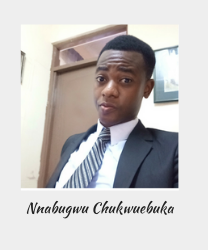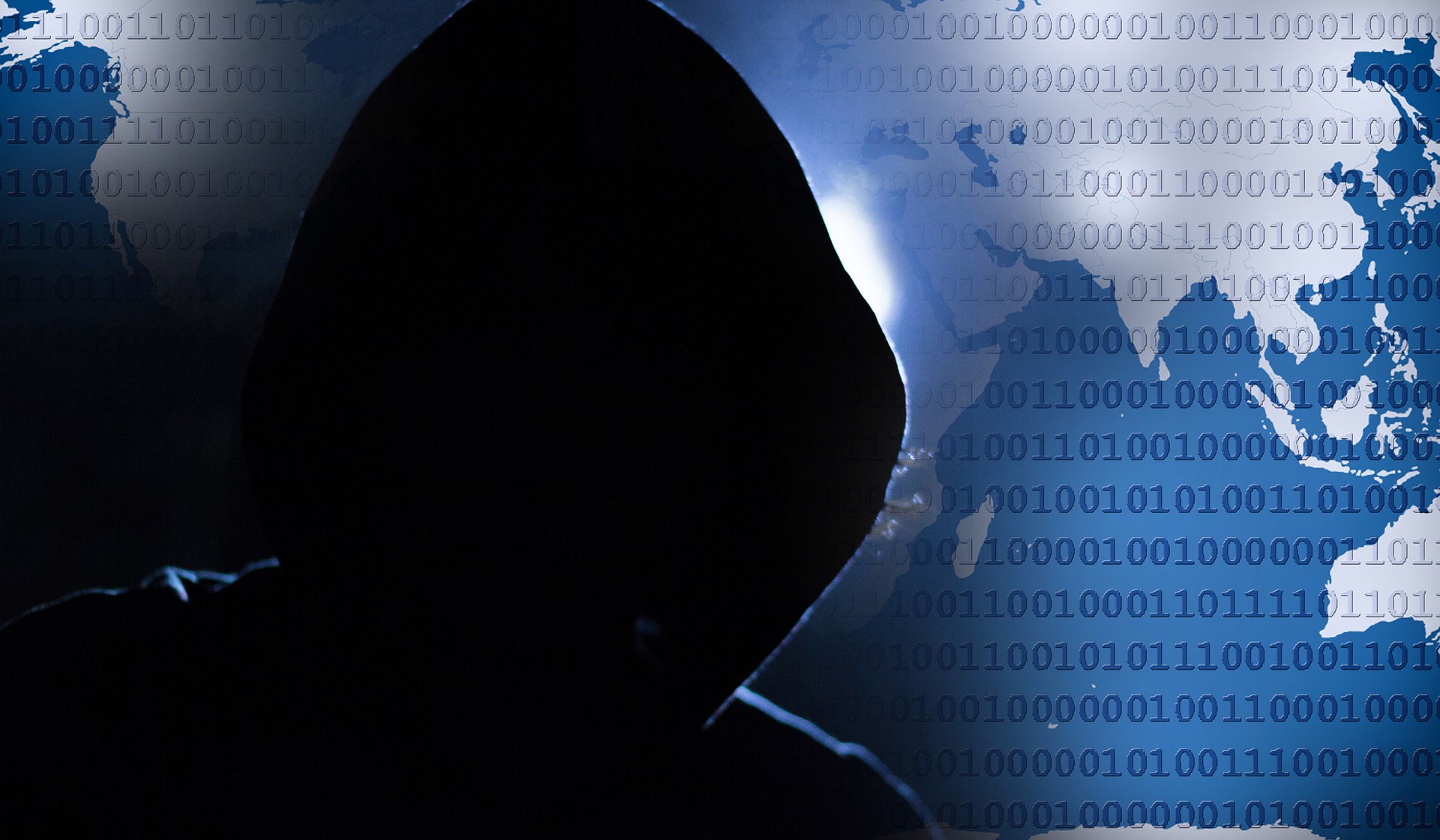Cybercrime rocks Nigeria
January 23rd, 2020
Cybercrime is a problem that is plaguing countries around the world and it is spreading in Nigeria like wildfire, writes Nnabugwu Chukwuebuka, 25-year-old Commonwealth Correspondent from Uzii in Nigeria. He argues that the high level of cybercrime stems from a range of issues and if it is not controlled may cost Nigeria its reputation.
Cybercrime is any criminal activity that uses Information and Communication Technology (ICT) to commit crimes or where a computer or computer network is the object of the cybercriminal, according to the United Nations.
Among other things, cybercrime may negatively affect the confidentiality, integrity and/or availability of computer data or systems.
Some common types of cybercrime include fraudulent emails, identity theft, cyber harassment, spamming and ATM spoofing. Businesses and individuals in Nigeria lose over $500 million annually to cybercrime.
The high rate of cybercrime in Nigeria can be linked to the absence of sufficient laws to prevent and punish these crimes in the country. This problem can also be attributed to the fact that while technology has been advancing quickly, the laws addressing cybercrime have been lagging.
Additionally, urbanization, greed and unemployment, especially among the youth, also adds fuel to the fire. When cybercrime becomes an easy option, it contributes to complacency among the youths who can live a life of cheating, without considering the moral implications of such actions.
Nigeria has been taking steps to tackle cybercrime. In summer of 2019, Nigeria’s Economic and Financial Crimes Commission (EFCC) along with the Federal Bureau of Investigations (FBI) arrested 281 individuals for cyber-enabled financial fraud, of which 167 were in Nigeria.
Credit can also be given to the Nigerian government for introducing a security department known as SARS (Specialist Anti-Robbery Squad) to tackle cybercrime. However, adequate measures should be put in place to inspire public trust and reduce corruption in this unit.
The high level of cybercrime associated with Nigeria can destroy the country’s image both at home and abroad. It may cause other nations to be reluctant to do business with Nigeria. Is this what Nigerians really want? Do we want to be a country that our neighbours cannot trust? I hope not.
……………………………………………………………………………………………………………………………….
About me: Moving on, seeing, analysing and predicting has always been my desire, as making it concrete in form of writing has been my passion. I am Nnabugwu Chukwuebuka, and have obtained my first degree in geology from the University of Nigeria Nsukka. I’m a free writer on political and ethical issues. Making a positive impact on the nation has always been my dream.
………………………………………………………………………………………………………………………………
……………………………………………………………………………………………………………………………….






